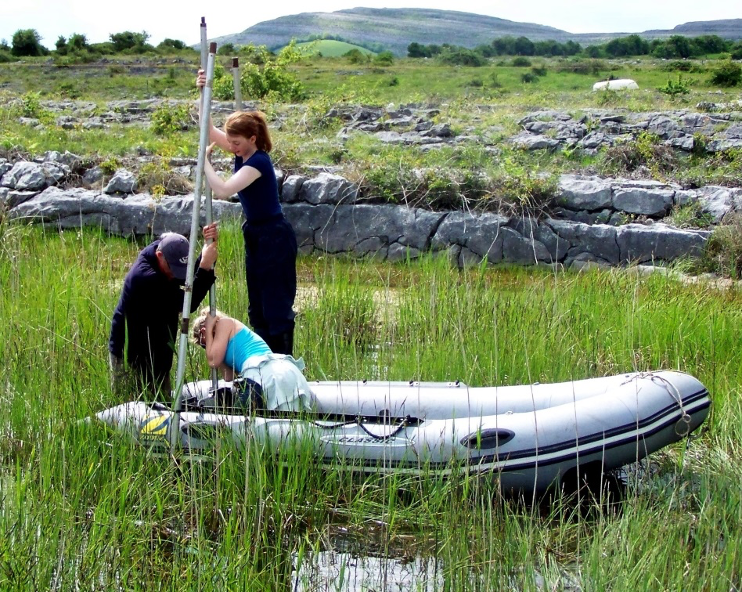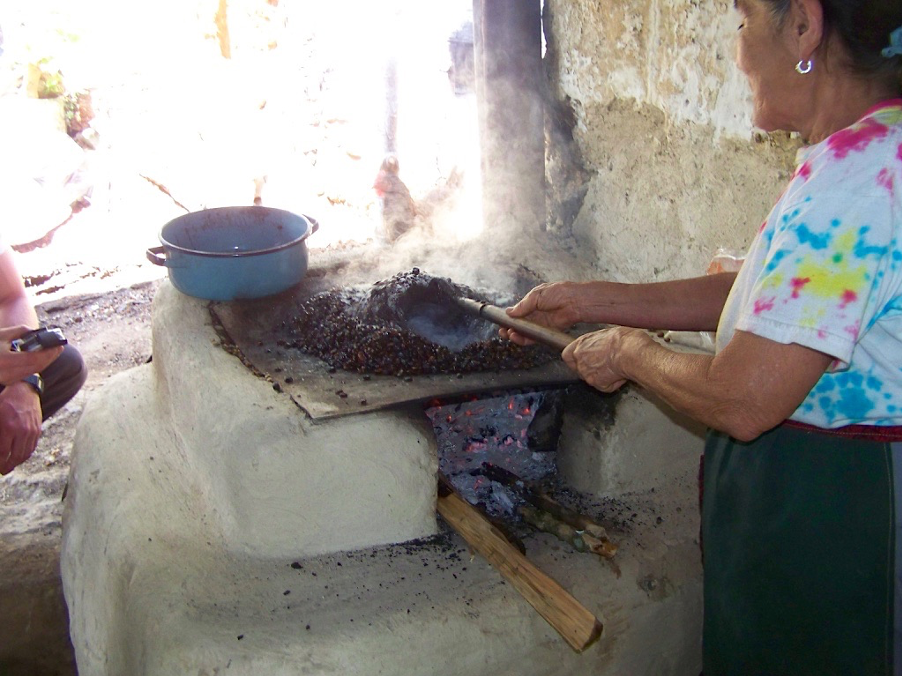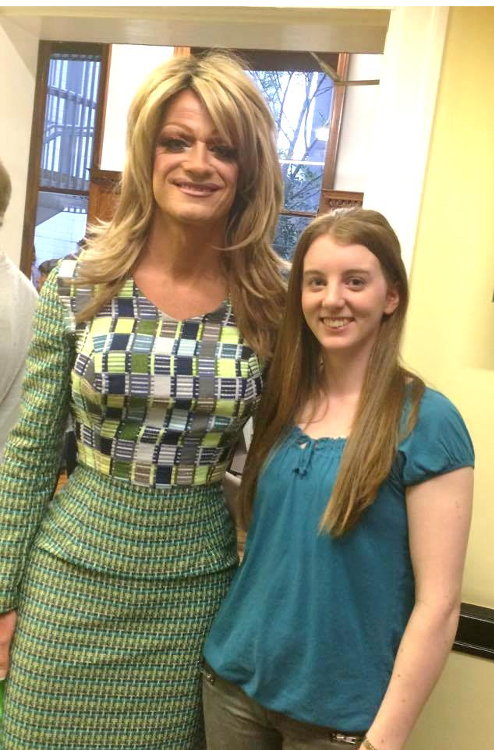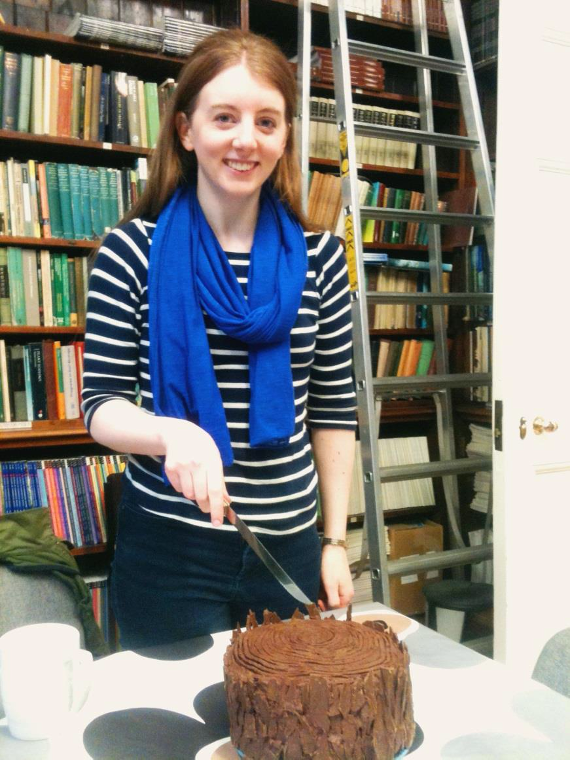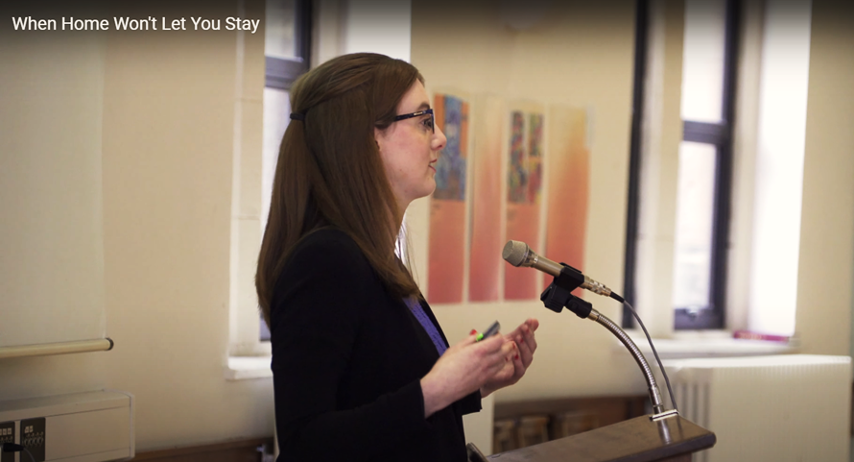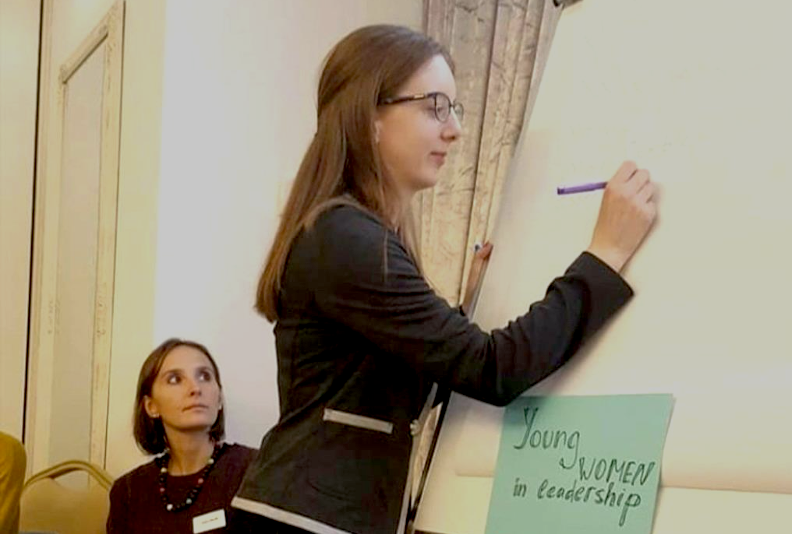Meet our new SHARECITY Team Member – Alwynne McGeever
Published by SHARECITY on the 13th July 2020.
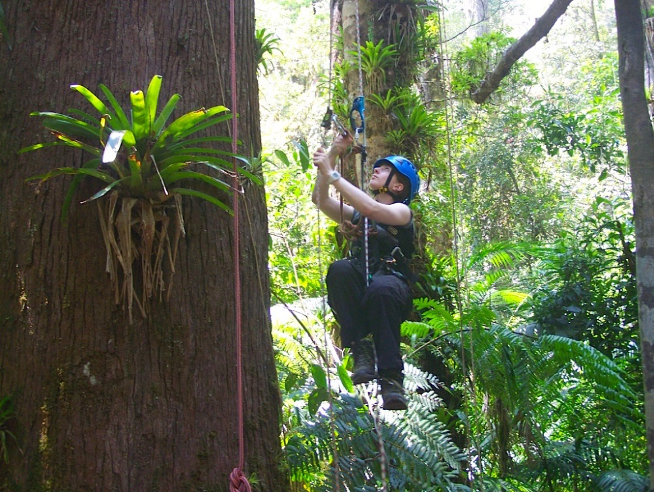
Source: Alwynne McGeever Personal Photography.
Meet our new SHARECITY Team Member – Alwynne McGeever
By Alwynne McGeever
Hello SHARECITY friends and partners! I am Alwynne McGeever and I have just joined the SHARECITY Team as a Postdoctoral Researcher. My role is to support those engaging with the free SHARE IT Tool Kit to measure the impact of their food sharing initiatives, and to help build SHARE IT into its next phase based on the feedback and advice of you the users!
If you are a food sharing group connected with the SHARECITY Team, you may be hearing from me over the coming months to seek your valuable insights on the SHARE IT platform and how we can grow it together to best support your projects and raise visibility of the positive social, economic, and environmental impacts your work is having!
I grew up in the Irish countryside, surrounded by farms, lakes and forestry between County Monaghan and County Cavan. I have always had a keen interest in the natural world and my education and career choices have been a direct pursuit of this passion. I completed a fascinating Bachelor’s Degree in Botany that inspired me to take on a PhD Project on the impacts of environmental and human pressures on tree populations in Europe. I studied fossil pollen grains extracted from peat and lake sediment to explore the rises and falls of pine and elm populations as the climate changed during the end of the last Ice Age and when agriculture was established across the European continent and in Ireland.
I loved delving into the mysteries of our Earth’s past and attempting to detangle clues as to how our natural world, climate, and agriculture interacted with each other over thousands of years.
My PhD Supervisor, Prof. Fraser Mitchell, and research buddy Dr. Angela Stevenson are helping me extract sediment from the Burren, County Clare, Ireland, to investigate the past 1000 years of vegetation in this area.
Source: Alwynne McGeever Personal Photography.
As a PhD Student I had many opportunities to study beyond my Thesis area. My understanding of the climate crisis expanded to realise it was a social challenge intersecting with, and inseparable from, the physical science of the environment. I had the privileged opportunity to travel to Honduras as part of an Irish botanical expedition to discover new plant species! We explored pristine rainforest habitats and gathered plant samples to seek out new species before the habitat disappeared under deforestation and climate change pressures.
During this trip I learned more about the socio-political pressures on Indigenous people in the area and became aware of the tragic loss of life environmental activists and community representatives had experienced for standing up for their home and way of life. It was becoming increasingly clear to me that the finite capacity of our world and its resources is as much a human rights challenge as an environmental one.
Along with biodiversity and ecosystems, entire communities and cultures are struggling to respond and adapt to the relatively rapid changes of the global climate and their local environment, often exasperated by pre-existing social injustices against them.
The local Honduran community showed us how they roasted the local coffee beans over a fire. They grow it sustainably without clear felling, in the naturally occurring light patches under the canopy at the rainforest’s edge.
Source: Alwynne McGeever Personal Photography.
I became increasingly motivated to raise awareness about the social injustices intersecting with environmental challenges. I took any opportunity to hone my communication skills and really enjoyed taking my research to a new space such as sharing my findings with secondary school students or the general public. I firmly believe that research should be accessible to all.
I am passionate about us sharing rigorously assessed, evidence-based, transparent information in open access form, to empower and equip each other to make informed, responsible decisions. I took part in many communications competitions and set up a few competitions myself.
One of my favourite initiatives was the Botany Bake Off, where my colleagues explained their research through a cake design! With a slice of cake guaranteed, it wasn’t long before the internal communications of our Botany Department was thriving with the knowledge of what each research group was working on, and many of our alumni and friends could follow the competition via social media.
During a ‘Discover Research Night’ in Dublin in 2015 I got to share my research findings with social change leader Panti Bliss.
Source: Alwynne McGeever Personal Photography.
My Botany Bake Off cake represents a fossil Pine stump. I used it to explain how we count tree rings to understand past environments.
Source: Alwynne McGeever Personal Photography.
My interests in communications lead me to get involved with a research project called ‘Count Flowers for Bees’, with Prof. Jane Stout. This project introduced me to the abundant and enthusiastic support for science that the general public can offer! I learned about the power of Citizen Science and the role the public can play in contributing data when they are invited to partake in research efforts.
This project presented a digital platform where volunteers could identify and count flowers in thousands of photographs taken from around Ireland. This helped researchers asses how much food was out there for bee populations.
As I learned more, my interests were drawn towards the decision-making processes of transitioning our society to a more sustainable and just future. I started a Post Doctoral Research position that was a partnership between Botany and Engineering, which aimed to advise Irish policy makers on what potential Negative Emissions Technologies could have in an Irish context.
These technologies generally extract Carbon Dioxide out of the atmosphere and store it, at least temporarily, underground or in Biomass, theoretically helping us transition society and decarbonise our economy. Our conclusions generally found that whilst there are some viable options, most of the technology is too immature, too expensive to scale up, and results are much too uncertain at this stage to depend upon.
We advised that reducing emissions now is a much more secure transition pathway with a greater chance of success than depending on future innovations that might not work to the extent and consistency we need. This project introduced me to some of the inner workings of how change happens at a National level under International Agreements like the Paris Climate Agreement.
Speaking on climate change, displacement, and gender-based violence on International Human Rights Day in 2019.
Source: Alwynne McGeever Personal Photography.
Now thoroughly invested in the urgency and challenges of social change and frustrated by climate injustice, I took my education and research to the NGO Sector. I began a role as an Engagement and Development Officer for a women’s rights charity. In this role I carried out research on the role of women leading social change. I learned more about the strengths and limits of advocacy and lobbying as a mechanism to lead to social change, working on issues like how gender justice and climate justice intersect, and raising awareness about how dependent we are on the natural world. I improved my skills in digital marketing and communications, reviewing and conducting research to present in an accessible way to the public.
I gained more experience in public education about social issues and strategic planning for delivering positive social change. I got more insight into how policies are written and implemented at a National and International level.
I also got to build up an online community of women who wanted to lead change, and initiated a project that raised the visibility of women leading social change through a Leadership Academy that gave points based on activities such as social activism and Community Engagement.
In this work I realised the value and accessibility of digital platforms for transparent, sustainable momentum building for social change. I also explored the exciting potential for ICT mediated advocacy and activism to generate metrics that could raise visibility of those leading change in a volunteer capacity, that could be used to inform and challenge different perceptions of leadership.
In Romania leading a strategic planning session with fellow women leaders across Europe to explore how women over 35 and under 35 support and challenge each other when leading together towards common social change goals.
Source: Alwynne McGeever Personal Photography.
It is from there that I joined SHARECITY Team. I am excited to be working with the SHARE IT Tool Kit and users to gather metrics that highlight the important work of urban food sharing initiatives, and gather data to demonstrate the positive economic, social, and environmental impact of these community led efforts. The SHARECITY Research Project is a perfect blend of my passion for research, for building a sustainable future, and for developing communities online to build momentum and support each other towards common goals of positive social change. I’m excited to be here and look forward to getting stuck in!
If you have any thoughts about the SHARE IT Tool Kit or would like some support to try it out for your own food sharing initiative, please don’t hesitate to contact me at amcgeeve@tcd.ie.
Thank you, Alwynne.
© 2015 - 2025 ShareCity | Web Design Agency Webbiz.ie
